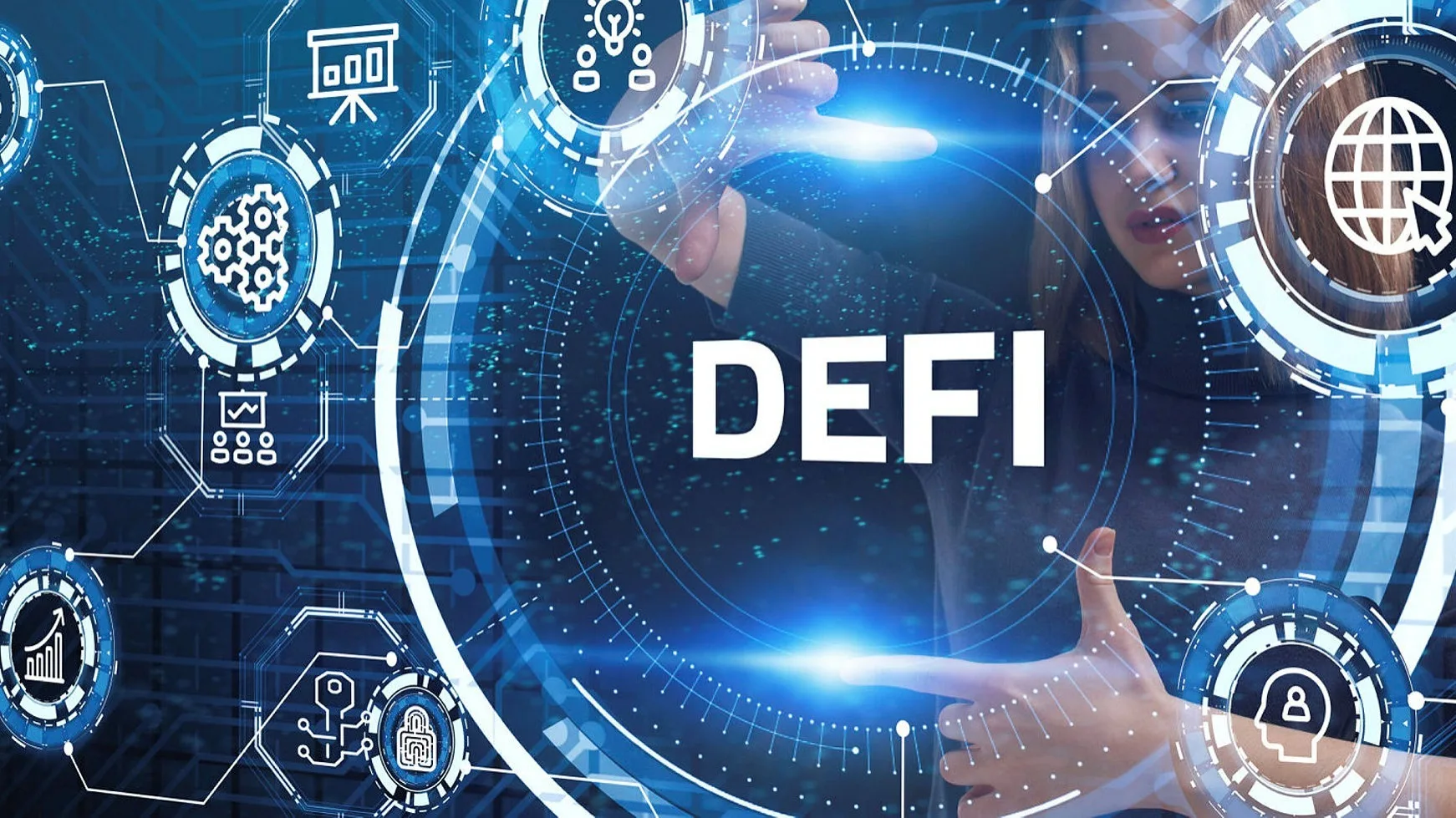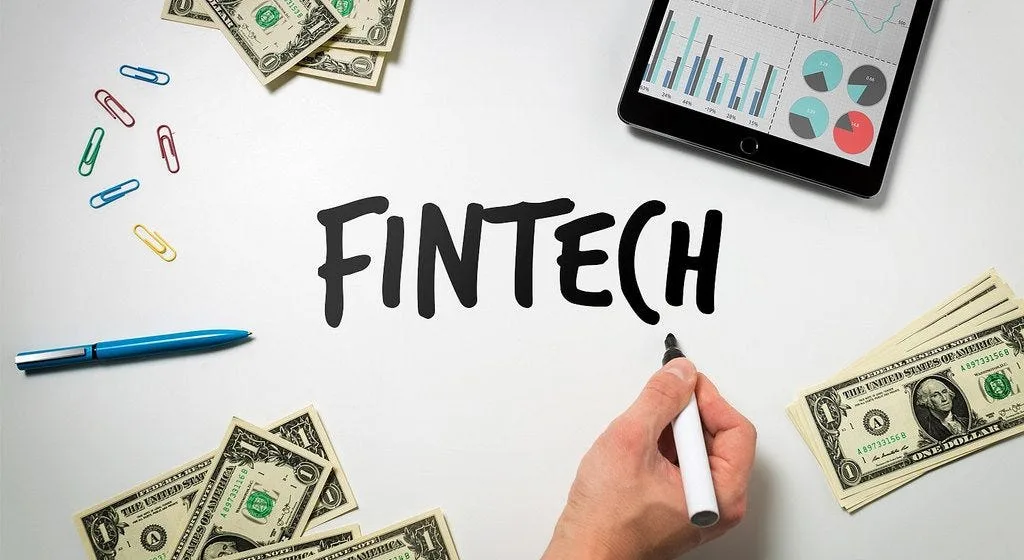Is The Future Of Fintech Lending Decentralized And Trustless?
Fintech lending is a financial concept we have heard very often in recent years. Simply different from traditional loan policies and packages, it includes technologies that accelerate loan application processes offered by fintech companies to users. Generally, unlike traditional banking loan processes, it accelerates the entire process by performing application process factors such as risk assessment and loan offers through digital platforms.
Thanks to fintech lending, both financial institutions and businesses and customers applying for loans can access faster and more accurate loan solutions. Although fintech lending causes trust concerns due to its decentralization in today’s financial universe dominated by traditional banks, I can claim that it is actually faster and safer.
When fintech lending becomes a more widespread concept in the finance universe with the developments of fintech companies, fintech lending will no longer be considered unsafe due to its decentralized network. Both local and international standards and regulations must be updated according to fintech developments.
Although the decentralization of fintech lending scares large investors, as in blockchain technologies, those who cannot benefit from this innovation will look for ways for a while.
What Is Decentralized Finance (DeFi) And Its Role In Fintech Lending?

DeFi or decentralized finance for fintech lending are close concepts. Fintech lending can be described as a type of DeFi service due to its structure. Since fintech lending completes the loan provision process through a decentralized digital platform, it provides a more open and accessible form.
DeFi units, like cryptocurrencies, spend their early days struggling with security concerns and at the end of the day, they turn out to be fast and secure. This cycle will also apply to fintech lending. It is not efficient for traditional banking and finance units to carry out loan application processes using manual methods, both in terms of time and expense.
Thanks to fintech lending methods, the entire loan application process is digitalized and more accurate loan service sales are achieved. It will be more convenient for both banks and customers. In fact, fintech lending, which is offered by using digital materials such as algorithms and artificial intelligence tools, is even safer in this respect. However, its decentralization may of course keep big financial actors away for today.
How Do Trustless Lending Platforms Operate In Fintech?
Credit platforms that are not reputable and reliable pose a problem for digitalizing financial ecosystems. While innovations such as fintech lending, which can generally be evaluated within DeFi, aim to provide solutions in terms of speed and security, it should not be forgotten that there may be independent platforms that will exploit this.
Trustless credit platforms can be found within fintech using technologies such as smart contracts or blockchain technologies. In such cases, customers are responsible. When collaborating with an institution for any financial product or service, you should question whether they are reliable or not. Since Fintech is a digital ecosystem, the possibility of such initiatives should not be forgotten.
What Are The Advantages And Risks Of Decentralized Lending?
In addition to its advantages such as flexibility and speed, fintech lending or decentralized lending also brings some risks. Fintech lending refers to digital lending solutions that provide a wide range of benefits, from lower transaction costs to global reach. However, potential contract errors and liquidity risk should be taken into consideration.
In addition to these common risks, non-compliance with regulations is another risk in fintech lending. Many countries and ecosystems have not yet adapted to digital banking concepts and regulations to this extent have not been established. This means that DeFi elements such as fintech lending may be considered illegal. Fintech companies or fintech startups need to take this into consideration.
In my opinion, despite all these risks in the near future, fintech lending will be a concept recognized by all financial institutions as an even more widespread and popular credit technology. Fintech companies working in this field should follow the regulations soon.
What’s The Role Of Smart Contracts In Trustless Fintech Lending?

The smart contract we are familiar with from blockchain technology also appears in fintech lending. Smart contracts are one of the important issues for digitalized financial ecosystems. Thanks to smart contracts, automatic and reliable loan processes are completed.
These contracts also manage payment schedules, providing efficiency for both financial institutions and customers. Fintech lending also carries an important responsibility by coding transaction processes. Although digital banking concepts such as smart contracts are still not fully understood today, important brands and institutions in the sector are accelerating their integration by allocating resources to these innovative concepts in the future.
Smart contracts emerge as a technology that will make a difference in fintech innovations, as well as in blockchain technologies. I recommend you to meet this financial innovation today, those we will hear about much more in the near future.
Are Traditional Financial Institutions Adapting To Decentralized Lending?
Despite potential risk and security concerns, many traditional financial institutions and banks have begun to adapt to decentralized lending. They have developed support policies for fintech companies and startups working on this issue and started to use gem resources for training and adaptation.
Of course, as in every transition period, it will take some time for fintech lending to become a more widespread and popular financial service. During this period, both regulations will be updated and relevant fintech projects that receive investment will make convincing efforts for more widespread use.
Fintech lending products entrust credit processes such as credit evaluation processes, loan offering strategies, credit risk analysis to algorithms or artificial intelligence tools and visibly increase the profit margins of financial institutions by enabling the creation of more rational services. For this reason, as digitalization becomes more widespread, fintech lending can be said to be an innovation that will be integrated by all banking elements.
See you in the next post,
Anil UZUN
